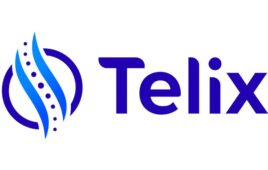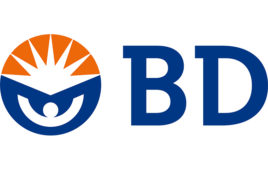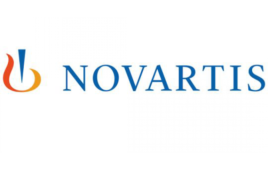The FDA has approved Kuvan (sapropterin dihydrochloride), the first drug of its kind approved to slow the effects of a rare genetic disorder that causes mental retardation, smaller brain size, delayed speech and other neurological problems. Tetrahydrobiopterin (BH4)-responsive phenylketonuria or PKU disease occurs in one out of every 12,000 to 15,000 live births in the United States. PKU is a genetic disorder in which the enzyme phenylalanine hydroxylase (PAH), which helps our bodies break down phenylalanine (Phe), an amino acid found in foods, does not function properly. The result is high levels of phenylalanine in the blood. High levels of Phe are toxic to the brain and can lead to mental retardation, behavioral abnormalities, seizures, an inability to focus and organize information, and other neurologic complications. “This new drug therapy represents hope for patients and families dealing with this difficult disease,” said Janet Woodcock, M.D., FDA’s deputy commissioner for scientific and medical programs, chief medical officer, and acting director of the Center for Drug Evaluation and Research. “Now, for the first time, there is a medical intervention to help patients and their families slow the devastating neurological effects of this disease.” Kuvan was first granted orphan drug designation by the FDA in January 2004. A drug is eligible for orphan drug designation if it is intended to treat a disease or condition that affects less than 200,000 people in the United States. A drug is also eligible for orphan drug designation if it is intended to treat a disease of condition that affects more than 200,000 and there is no reasonable expectation that the cost of developing and making available a drug for the disease or condition will be recovered from sales of the drug. In January, 2006 Kuvan was granted a fast track designation by FDA based on its potential to offer a significant advantage to patients over current treatment options. The Kuvan new drug application (NDA) also received a priority review by FDA. Kuvan works by increasing PAH enzyme activity in PKU patients with some residual PAH enzyme function. This then leads to an increased breakdown (metabolism) of phenylalanine (Phe), resulting in lower levels of Phe in the blood. Kuvan must be used in combination with a phenylalanine-restricted diet. A patient can override the effects of Kuvan by not following a Phe-restricted diet. Phenylalanine is present in foods that contain proteins such as meats, dairy and egg products. Patients being treated with Kuvan must have their blood phenylalanine levels monitored frequently by their physicians or other health care professional to ensure their Phe levels are in the normal range. FDA also recommends patients work closely with a dietitian to manage their diets. In addition, the manufacturer will establish general disease registries for PKU to help FDA and physicians track how patients are doing on the medication around the world in order to monitor its safety, efficacy and any adverse events. The safety and efficacy of Kuvan was demonstrated in four short-term (up to 30 weeks) clinical studies with 579 patients with the disease. The data from these studies supported the clinical effectiveness of Kuvan in the treatment of BH4-responsive PKU. The most common adverse events reported included headache, diarrhea, abdominal pain, upper respiratory tract infection and throat pain. Kuvan was developed by BioMarin Pharmaceutical Inc. based in Novato, Calif. in partnership with Merck Serono, a division of Merck KGaA, Darmstadt, Germany.




